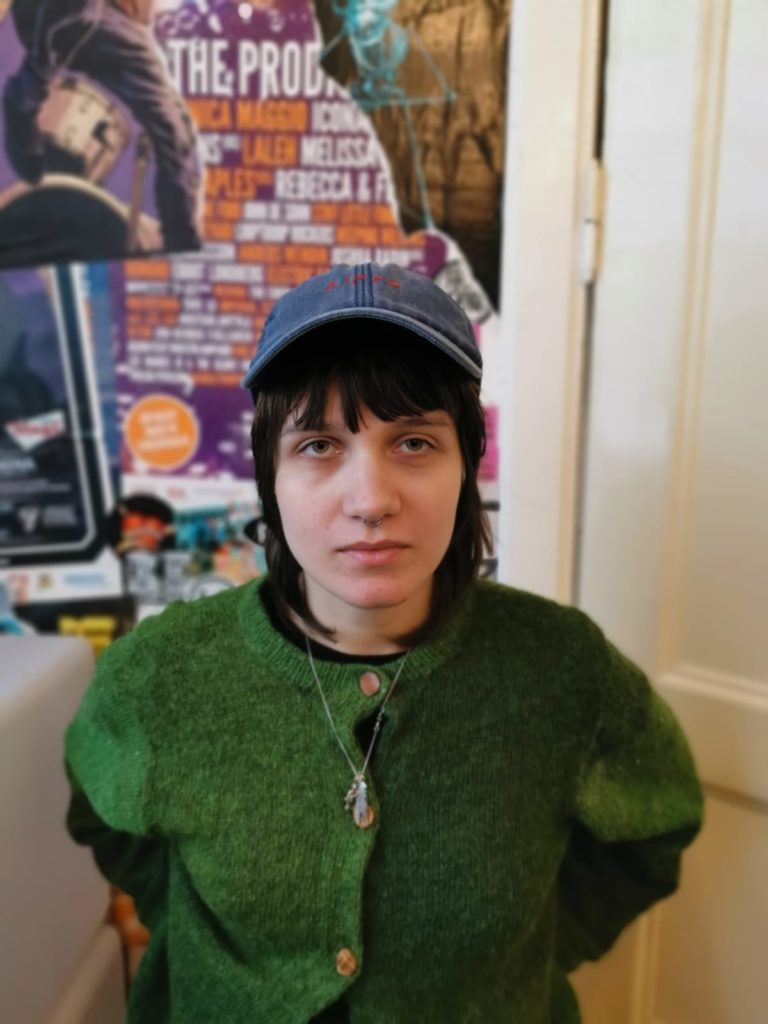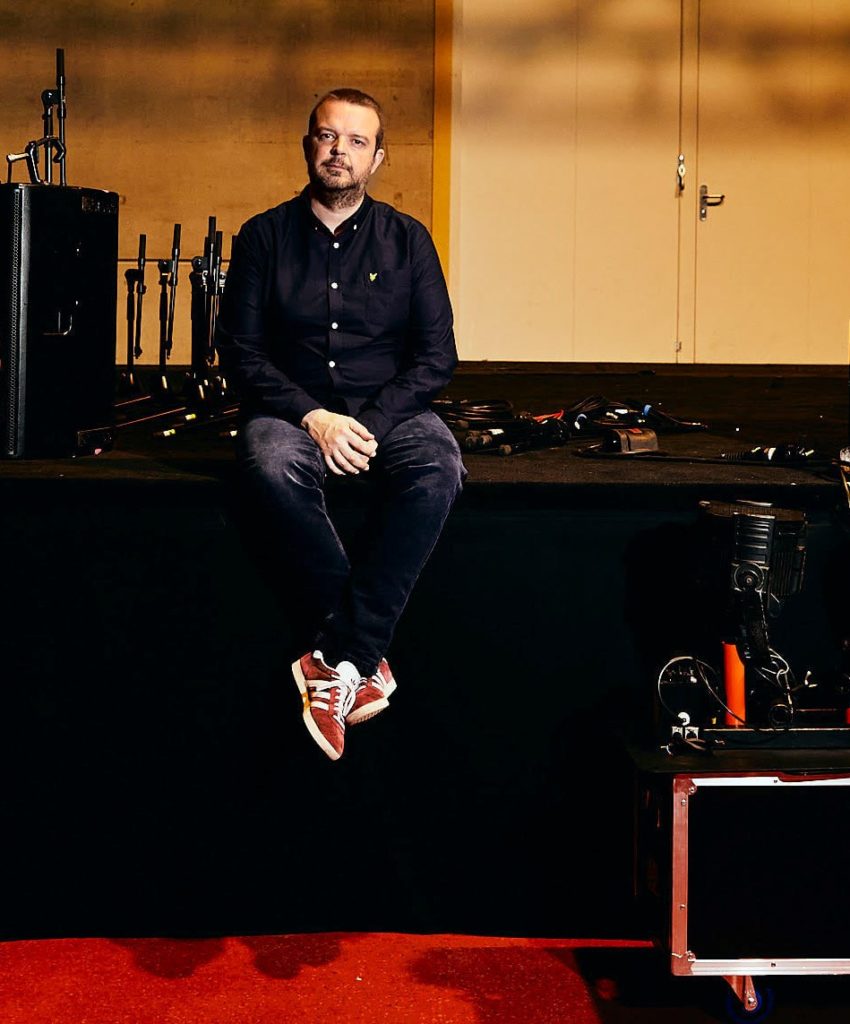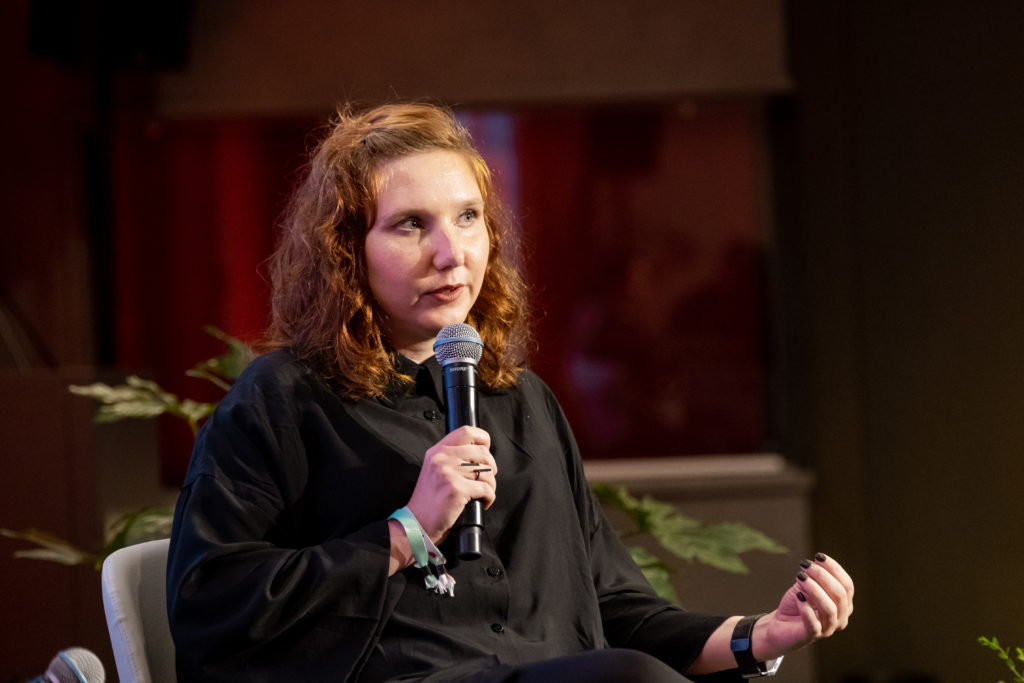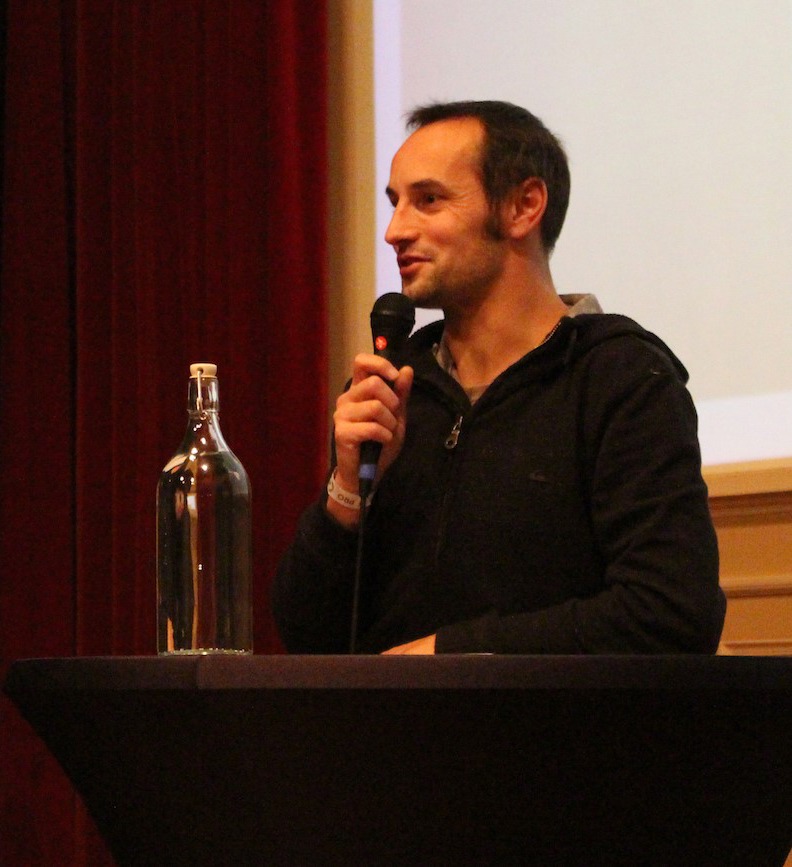“It’s really important for us to be at the forefront on the sustainability and inclusion questions, to inspire others and help with all these things. If we don’t have a sustainable future, we may not have a future at all.”
Communication Officer
-
The UK Digital, Culture, Media and Sport Committee released their live music report and we welcome that it puts a particular attention to the smallest and most fragile live music venues and clubs. One of the key messages of this report coming from the government is to protect, secure and improve the conditions of the…
Read»
-
In this 5th Live Style Europe radio show: – Interview with Marc Steens from Clubcircuit, one of our two members in Belgium – Feedback on the first session of our Live Style Europe working group “Music is not noise” Information mentioned: World Health Organisation noise guidelines for the European region Live DMA Resource Platform: –…
Read»
-
On the 20th & 21st of February, the Live Style Europe working group “Music is not noise” met in Trix, Antwerp (Belgium) to work on the challenges related to sound regulations. We drafted the working group so that it could address the challenges of sound regulations from a technical perspective, but also from a political standpoint,…
Read»
-
There is no excerpt because this is a protected post.
Read»
-
On the 12th of February 2019, Live DMA hosted a webinar on the question of the Agent of Change principle with Mark Davyd, musical activist and CEO of Music Venue Trust who succeeded in implementing the Agent of Change principle in the UK law in August 2018. What is the Agent of Change? Agent of…
Read»
-
In this forth episode of the Live Style Europe radio show: Release of the Live DMA Online Resource Platform in December 2018. Short feedback on Live DMA’s activities at Eurosonic in January 2019. Interview with Arne Dee from VNPF, Live DMA’s member in the Netherlands Interview with Susann Hollmann, Deputy Head of the Cultural Policy…
Read»
-
Live Style Europe working group – First session “Noise pollution in our towns and cities is increasing, blighting the lives of many European citizens. More than a nuisance, excessive noise is a health risk – contributing to cardiovascular diseases, for example. We need to act on the many sources of noise pollution – from motorized…
Read»
-
We are very happy to announce that Hanzas Perons from Riga, Latvia, has joined our network this January 2019 as an associate member. Hanzas Perons, a former Riga cargo railway warehouse, is now being reborn into the modern space for culture and art that will open its doors in May 2019. “One of our first…
Read»
-
We are happy to kick off the year once again at Eurosonic where we have some interesting activities planned. You can meet us in Groningen from Wednesday, the 16th of January to Friday, the 18th of January 2019 after our panel sessions or at the Music Moves Europe Talent Awards ceremony. We are excited to…
Read»
-

-

“It’s all about sharing and cooperation!”
-

“We need organisations like Live DMA to support our activities. During COVID, it was important to have Live DMA meetings so that we could learn what was going on in the other countries, and that was very helpful when it came to the lobby work on the local level”
-

“We have been celebrating the 10th anniversary of Live DMA, a network which was created in 2012 by venue networks from all over Europe. The purpose was to share knowledge and skills with each other, and to set up common projects, and I think we’ve succeeded in doing that!”
-

“I learned to collect and process data with good quality, and also I learned the importance of data to start a dialogue with institutions. Good data gave ACCES a lot of recognition”
-

ʻʼThanks to Live DMAʼs Survey, we showed our government that the more a venue is subsidized, the more money they generate. The Ministry of Culture had little knowledge of our sector. So to present these figures from different European countries was crucial in re-valorising our subsidies.”
